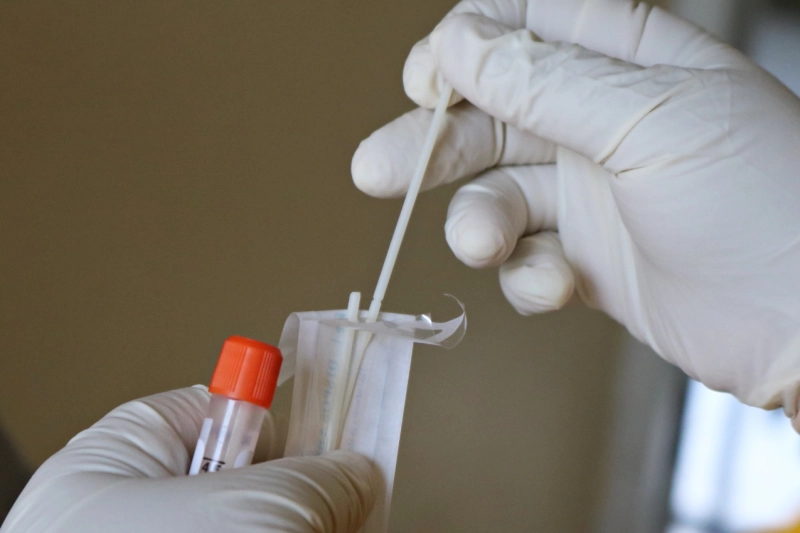By: Sunil Kumar
November 4 2020

Though researches have found that COVID-19 affects one's immune system, further studies are required to determine the extent of the impact.
Though researches have found that COVID-19 affects one's immune system, further studies are required to determine the extent of the impact.Coronavirus disease (COVID-19) is a novel highly contagious infection caused by SARS-CoV-2, which became a global public health challenge. In an experiment performed by the US National Center for Biotechnology Information to determine the impact of COVID-19 on critically ill patients, it was found that SARS-CoV-2, directly and indirectly, affects the immune system and avoids being eliminated in early stages. On the other hand, the secretion of inflammatory cytokines creates critical conditions that lead to multi-organ failure. ‘When COVID-19 enters the body, it attaches to our cells, hijacks them, and then creates copies of itself to invade even more cells’, according to a Huffington Post UK report. The report further states that our immune system kicks in to try and stop this. First up, it sends out its frontline defense – the ‘innate immune response’ – to deal with the intruder. This is the default response to any virus entering the body. As part of this initial response, inflammatory proteins called ‘interferons’ are released, which have antiviral functions. The aim is to stop the virus in its tracks – though it is not actually known how well this first response works in fending off infection. In a meeting of the government’s Science and Technology Committee, Professor Sir John Bell, Regius Professor of Medicine at the University of Oxford, explained that Coronavirus could go undetected by our body’s ‘innate’ immune response. They (the virus) have a system for avoiding the interferon response, which means that the innate immune response is, from the beginning, somewhat disabled. In a study performed by Cold Spring Harbour Laboratory, the investigators identified three patterns of immune defects. They concluded that T cells and B cells, which help orchestrate the immune response, were inactive in roughly 30 percent of the 71 Covid-19 patients they examined. However, none of the papers have yet been published or peer-reviewed. Based on what we know so far, adults of any age with significant health conditions might be at an increased risk for severe illness from the virus that causes COVID-19. Someone who is immunocompromised or has a weakened immune system is less likely to fight off the virus. Many conditions and treatments like having a solid organ transplant, blood or bone marrow transplant, immune deficiencies, HIV with a low CD4 cell count or not on HIV treatment, prolonged use of corticosteroids, or other immune weakening medicines, can cause a person to be immunocompromised. Therefore, having a weakened immune system may increase your risk of severe illness from COVID-19. However, there is limited research or data to show the impact of COVID-19 on the immune system. But, from what we have been able to gather so far, the virus certainly impacts the immune system in some way. The COVID-19 pandemic has given rise to a lot of potentially dangerous misinformation. For reliable advice on COVID-19 including symptoms, prevention and available treatment, please refer to the World Health Organisation or your national healthcare authority.